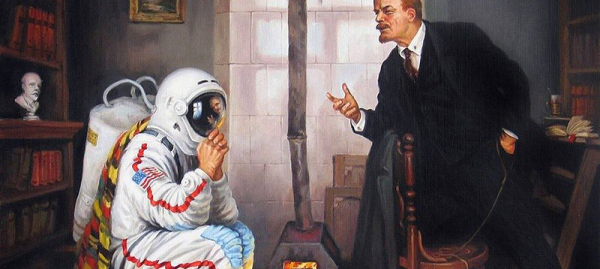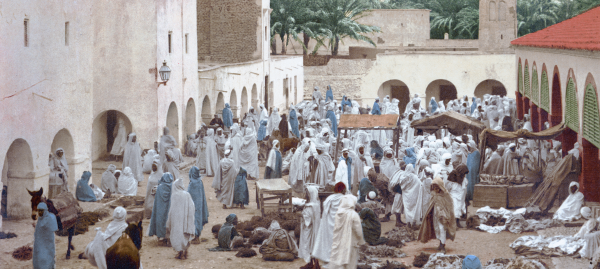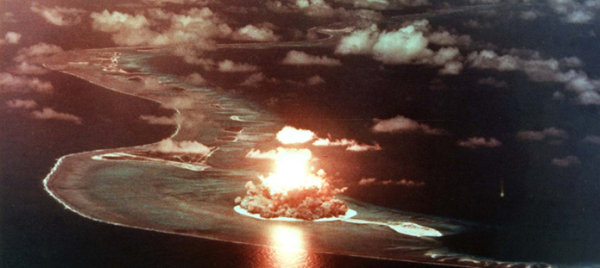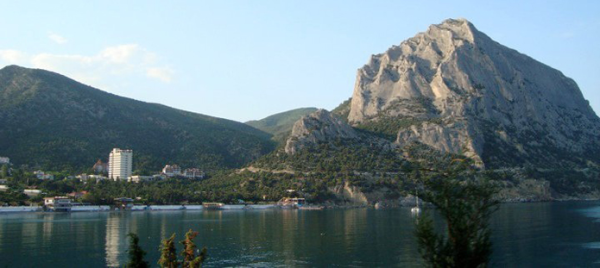PS203 - Topics in Politics:
.5 or 1 unit — Bang, Coggins, Derdzinski, Djinovic, Edlin, Fenner, Gould, Grace, Johnson, Krzych, Lindau, Ma, Popovic
Previously Featured Offering





Offerings
| Term | Block | Title | Instructor | Location | Student Limit/Available | Updated |
|---|---|---|---|---|---|---|
| Fall 2024 | Block 1 | Topics in Politics: Hypocrisy, Injustice, and the Bomb Topic Details | Jiun Bang | Palmer Hall 18 | 25 / 20 | 08/11/2025 |
| Fall 2024 | Block 2 | Topics in Politics: Politics of Contemporary China Topic Details | Shiqi Ma | Palmer Hall 13 | 25 / 16 | 08/11/2025 |
| Fall 2024 | Block 3 | Topics in Politics: Racism, Dispossession, and the Global Economy Topic Details | Dan Johnson, John Gould | Palmer Hall 230 | 32 / 6 | 08/11/2025 |
| Fall 2024 | Block 3 | Topics in Politics: Africa in International Relations Topic Details | Maria Sanchez, Joe Derdzinski | Palmer Hall 17 | 32 / 7 | 08/11/2025 |
| Fall 2024 | Block 4 | Topics in Politics: Politics & Comedy Topic Details | Scott Krzych, Elizabeth Coggins | Cornerstone Art Center 102 | 32 / 5 | 08/11/2025 |
| Fall 2024 | Block 4 | Topics in Politics: Defending Democracy: Advanced Strategies and Tactics Topic Details | Slobodan Djinovic, Srda Popovic | Palmer Hall 125 | 32 / 15 | 08/11/2025 |
| Spring 2025 | Block 5 | Topics in Politics: Data, Storytelling, and Politics Topic Details | Shiqi Ma | Tutt Library 321 | 25 / 22 | 08/11/2025 |
| Spring 2025 | Block 6 | Topics in Politics: Comparative Politics of Post Communist Europe | John Gould | Palmer Hall 13 | 25 / 8 | 08/11/2025 |
| Spring 2025 | Block 7 | Topics in Politics: Interpretivism and Interpretive Methods Topic Details | Sofia Fenner | Palmer Hall 127 | 25 / 17 | 08/11/2025 |
| Spring 2025 | Block 7 | Topics in Politics: Politics, Religion and the Secular Topic Details | Yogesh Chandrani | Armstrong Hall 257A | 25 / 12 | 08/11/2025 |
| Spring 2025 | Block 7 | Topics in Politics: Philosophy of Human Rights Topic Details | Eve Grace | Palmer Hall 18 | 25 / 20 | 08/11/2025 |
| Fall 2025 | Block 1 | Topics in Politics: Race & Politics Topic Details | Elizabeth Coggins | Palmer Hall 13 | 25 / 16 | 08/11/2025 |
| Fall 2025 | Block 2 | Topics in Politics: The Politics of Fear, Insecurity, Resentment and Nostalgia Topic Details | Juan Lindau | TBA | 25 / 13 | 08/11/2025 |
| Fall 2025 | Block 3 | Topics in Politics: Racism Dispossession and the Global Economy Topic Details | John Gould, Dan Johnson | TBA | 32 / 8 | 08/11/2025 |
| Fall 2025 | Block 3 | Topics in Politics: Paths to Democracy: Exploring South Africa and Botswana Topic Details | Joe Derdzinski | TBA | 18 / 1 | 08/11/2025 |
| Fall 2025 | Block 3 | Topics in Politics: Politics of Contemporary China Topic Details | Shiqi Ma | TBA | 25 / 7 | 08/11/2025 |
| Fall 2025 | Block 4 | Topics in Politics: Defending Democracy: Advanced Strategies and Tactics Topic Details | Srda Popovic, Slobodan Djinovic | TBA | 32 / 9 | 08/11/2025 |
| Fall 2025 | Block 4 | Topics in Politics: Interpretivism and Interpretive Methods Topic Details | Sofia Fenner | TBA | 25 / 25 | 08/11/2025 |
| Spring 2026 | Block H | Topics in Politics: Campaigning for Social Change in the Digital Era Topic Details | Srda Popovic, Slobodan Djinovic | TBA | 32 / 30 | 08/11/2025 |
| Spring 2026 | Block 5 | Topics in Politics: Philosophy of Human Rights Topic Details | Eve Grace | TBA | 25 / 25 | 08/11/2025 |
| Spring 2026 | Block 5 | Topics in Politics: Free Speech | Doug Edlin | TBA | 25 / 25 | 08/11/2025 |
| Spring 2026 | Block 5 | Topics in Politics: Data, Storytelling, and Politics Topic Details | Shiqi Ma | TBA | 25 / 25 | 08/11/2025 |
| Spring 2026 | Block 6 | Topics in Politics: Decentering/Unlearning International Relations Topic Details | Jiun Bang | TBA | 25 / 25 | 08/11/2025 |
| Spring 2026 | Block 7 | Topics in Politics: Mass Democracy, Technology, and the Future Topic Details | Eve Grace | TBA | 25 / 25 | 08/11/2025 |
| Spring 2026 | Block 8 | Topics in Politics: The Arab Left Topic Details | Sofia Fenner | TBA | 25 / 25 | 08/11/2025 |
| Spring 2026 | Block 8 | Topics in Politics: Building Community Topic Details | Dana Wolfe | TBA | 25 / 25 | 08/11/2025 |
| Spring 2026 | Block 8 | Topics in Politics: Media, Ideology, and Politics in the Neoliberal Era Topic Details | Elizabeth Coggins, Scott Krzych | TBA | 32 / 32 | 08/11/2025 |



